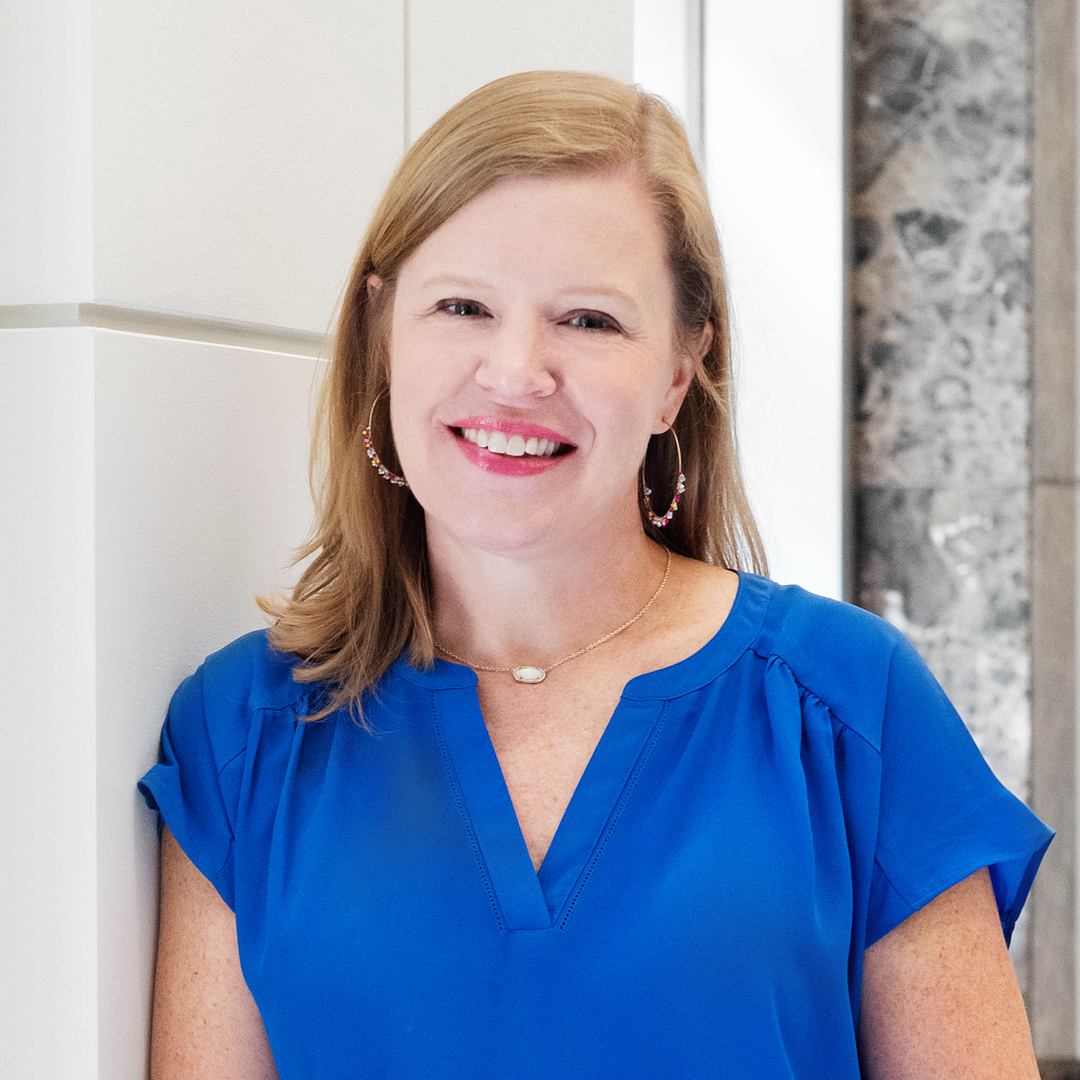|
Getting your Trinity Audio player ready... |
Christopher Reynolds has prepared a CEO to testify before Congress, clerked for a renowned civil rights champion, and made partner at one of America’s top 100 law firms. But there is one earlier experience that set the stage for everything that was to come. Reynolds spent his high school years working in a nursing home for a strict boss—his mother.
Reynolds, who today is Toyota Motor North America’s chief administrative officer, credits days of changing sheets and emptying bedpans with putting him on the right path. “I learned the value of hard work, I learned why education is important, and I learned to respect those around me,” he says. “I’ve carried what I learned in that nursing home with me my entire career.”
After graduating from Kalamazoo College and Harvard Law, Reynolds worked for Judge Damon J. Keith in the US Court of Appeals. Keith, who had studied under Thurgood Marshall, once issued a landmark ruling that helped end racial segregation in Michigan. Reynolds, himself an African American Lawyer, says Keith taught him how to be a Black professional, how to maintain confidence under adversity, and how to be a strong member of a community.
Reynolds would go on to hone his skills in a US Attorney’s Office before joining Morgan Lewis. Life at the big New York firm gave the young lawyer the chance to add marketing and business development capabilities to his growing repertoire. One of those clients was Toyota. Reynolds represented the company in several legal matters and impressed the general counsel but rejected a formal job offer. A year later, he reconsidered and left New York to join Toyota’s California operations in 2007.

In his first year at Toyota, Reynolds learned some valuable lessons. The big city lawyer who had adopted the New York way came in with guns blazing. He managed the legal department and expected long hours, flawless results, and unwavering dedication. Toyota, however, emphasizes respect and teamwork. Founder Sakichi Toyoda promoted “a homelike atmosphere at work that is warm and friendly.” When Reynolds’s new colleagues staged an intervention, he quickly adapted to his new environment. “Culture eats people for lunch, and I had to decide if I was going to be on the menu or at the table,” he says.
By 2010, Reynolds had settled into his position leading the legal function when president and CEO Akio Toyoda was summoned before US Congress to testify regarding the unintended acceleration of its vehicles and one of the biggest recalls in history. Reynolds helped prepare Toyoda, who made remarkable statements to the House Committee on Oversight and Government Reform. During the hearing, a contrite Toyoda admitted mistakes and expressed regret. “We pursued growth over the speed at which we were able to develop our people and our organization,” he said. Reynolds looks back on the ordeal as a “crucible experience” for Toyoda, himself, and the entire organization.
In the following months, Toyoda asked leaders to prioritize communication, quality improvements, and people as the company looked to restore its reputation. Several North American operations united under one roof in Plano, Texas, to promote enterprise-level thinking. Toyota doubled down on its core values, which include respect for people and a focus on leadership development. “We know each employee has something significant to contribute, and we lose out when that potential isn’t developed,” Reynolds says.
Senior leaders have continuously pushed him to new heights. After starting in a purely legal role, Reynolds took on HR and legal affairs duties. In 2019, he assumed oversight of manufacturing plants across North America.
The fourteen complex facilities produce roughly 1.8 million vehicles per year (in normal times), making North America second only to Japan in annual revenue generation. Managing production of the company’s core product is critical—and Toyota has handed the task to one of its lawyers. That’s because the company believes in the power of a good leader.
“Great leadership is our competitive advantage. We know that a person who lacks deep training can thrive in a role if they are a good leader with a great team,” Reynolds says. “I’ve been given opportunities to grow, and I’ve been trained to find similar opportunities for other people.”
“Great leadership is our competitive advantage. We know that a person who lacks deep training can thrive in a role if they are a good leader with a great team.”
For Reynolds, the keys to success in any new situation are simple. He asks questions, sets direction, delegates to his team, trusts employees to execute, and then celebrities their accomplishments. Reynolds and Toyota are also committed to diversity and inclusion. “We have a deep respect for people, and not just respect for certain kinds of people,” Reynolds says. The company’s plant in Kentucky—its largest by vehicle volume including powertrain production—is led by a woman, and Toyota holds the tenth spot on DiversityInc’s Top 50 Companies for Diversity.
Since Reynolds came to Toyota in 2007, he’s helped the company respond to a global recession, a massive recall, natural disasters in Japan, and the COVID-19 pandemic. Each of these events have tested both the person and the company. “These challenges form and shape people and companies alike,” Reynolds says.
After many years together, Reynolds is a respected industry leader, and Toyota’s products and reputation are stronger than ever.

